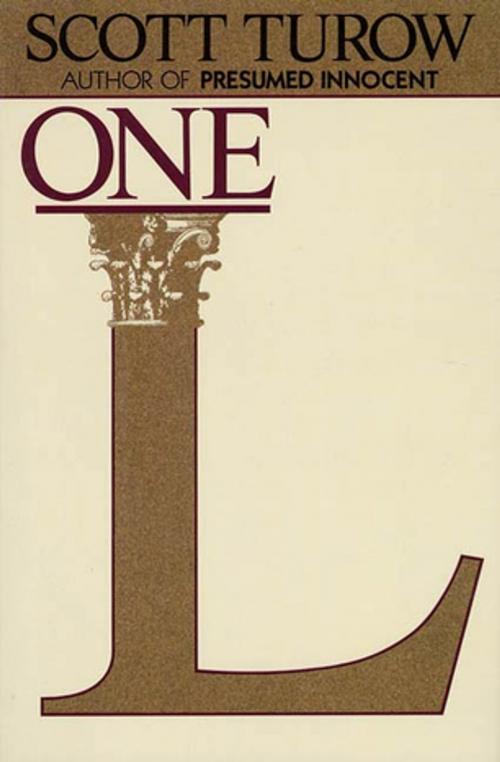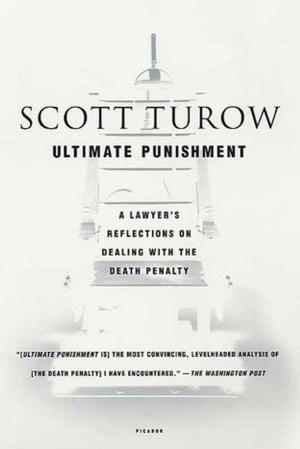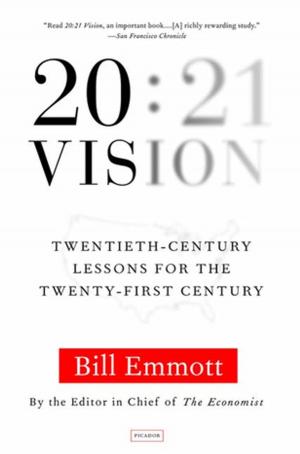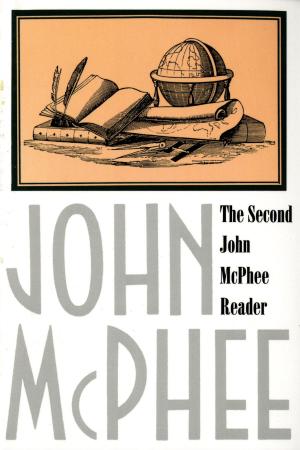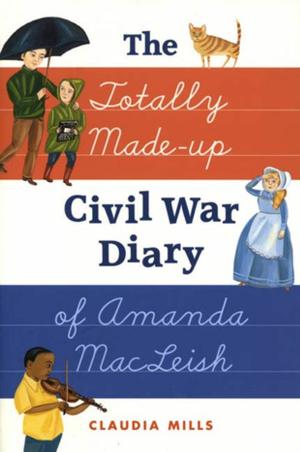One L
The Turbulent True Story of a First Year at Harvard Law School
Nonfiction, Reference & Language, Law, Legal Education| Author: | Scott Turow | ISBN: | 9781429939560 |
| Publisher: | Farrar, Straus and Giroux | Publication: | August 3, 2010 |
| Imprint: | Farrar, Straus and Giroux | Language: | English |
| Author: | Scott Turow |
| ISBN: | 9781429939560 |
| Publisher: | Farrar, Straus and Giroux |
| Publication: | August 3, 2010 |
| Imprint: | Farrar, Straus and Giroux |
| Language: | English |
One L, Scott Turow's journal of his first year at law school introduces and a best-seller when it was first published in 1977, has gone on to become a virtual bible for prospective law students. Not only does it introduce with remarkable clarity the ideas and issues that are the stuff of legal education; it brings alive the anxiety and competiveness--with others and, even more, with oneself--that set the tone in this crucible of character building. Turow's multidimensional delving into his protagonists' psyches and his marvelous gift for suspense prefigure the achievements of his celebrated first novel, Presumed Innocent, one of the best-selling and most talked about books of 1987.
Each September, a new crop of students enter Harvard Law School to begin an intense, often grueling, sometimes harrowing year of introduction to the law. Turow's group of One Ls are fresh, bright, ambitious, and more than a little daunting. Even more impressive are the faculty: Perini, the dazzling, combative professor of contracts, who presents himself as the students' antagonist in their struggle to master his subject; Zechman, the reserved professor of torts who seems so indecisive the students fear he cannot teach; and Nicky Morris, a young, appealing man who stressed the humanistic aspects of law.
Will the One Ls survive? Will they excel? Will they make the Law Review, the outward and visible sign of success in this ultra-conservative microcosm? With remarkable insight into both his fellows and himself, Turow leads us through the ups and downs, the small triumphs and tragedies of the year, in an absorbing and throught-provoking narrative that teaches the reader not only about law school and the law but about the human beings who make them what they are.
In the new afterword for this edition of One L, the author looks back on law school from the perspective of ten years' work as a lawyer and offers some suggestions for reforming legal education.
One L, Scott Turow's journal of his first year at law school introduces and a best-seller when it was first published in 1977, has gone on to become a virtual bible for prospective law students. Not only does it introduce with remarkable clarity the ideas and issues that are the stuff of legal education; it brings alive the anxiety and competiveness--with others and, even more, with oneself--that set the tone in this crucible of character building. Turow's multidimensional delving into his protagonists' psyches and his marvelous gift for suspense prefigure the achievements of his celebrated first novel, Presumed Innocent, one of the best-selling and most talked about books of 1987.
Each September, a new crop of students enter Harvard Law School to begin an intense, often grueling, sometimes harrowing year of introduction to the law. Turow's group of One Ls are fresh, bright, ambitious, and more than a little daunting. Even more impressive are the faculty: Perini, the dazzling, combative professor of contracts, who presents himself as the students' antagonist in their struggle to master his subject; Zechman, the reserved professor of torts who seems so indecisive the students fear he cannot teach; and Nicky Morris, a young, appealing man who stressed the humanistic aspects of law.
Will the One Ls survive? Will they excel? Will they make the Law Review, the outward and visible sign of success in this ultra-conservative microcosm? With remarkable insight into both his fellows and himself, Turow leads us through the ups and downs, the small triumphs and tragedies of the year, in an absorbing and throught-provoking narrative that teaches the reader not only about law school and the law but about the human beings who make them what they are.
In the new afterword for this edition of One L, the author looks back on law school from the perspective of ten years' work as a lawyer and offers some suggestions for reforming legal education.
